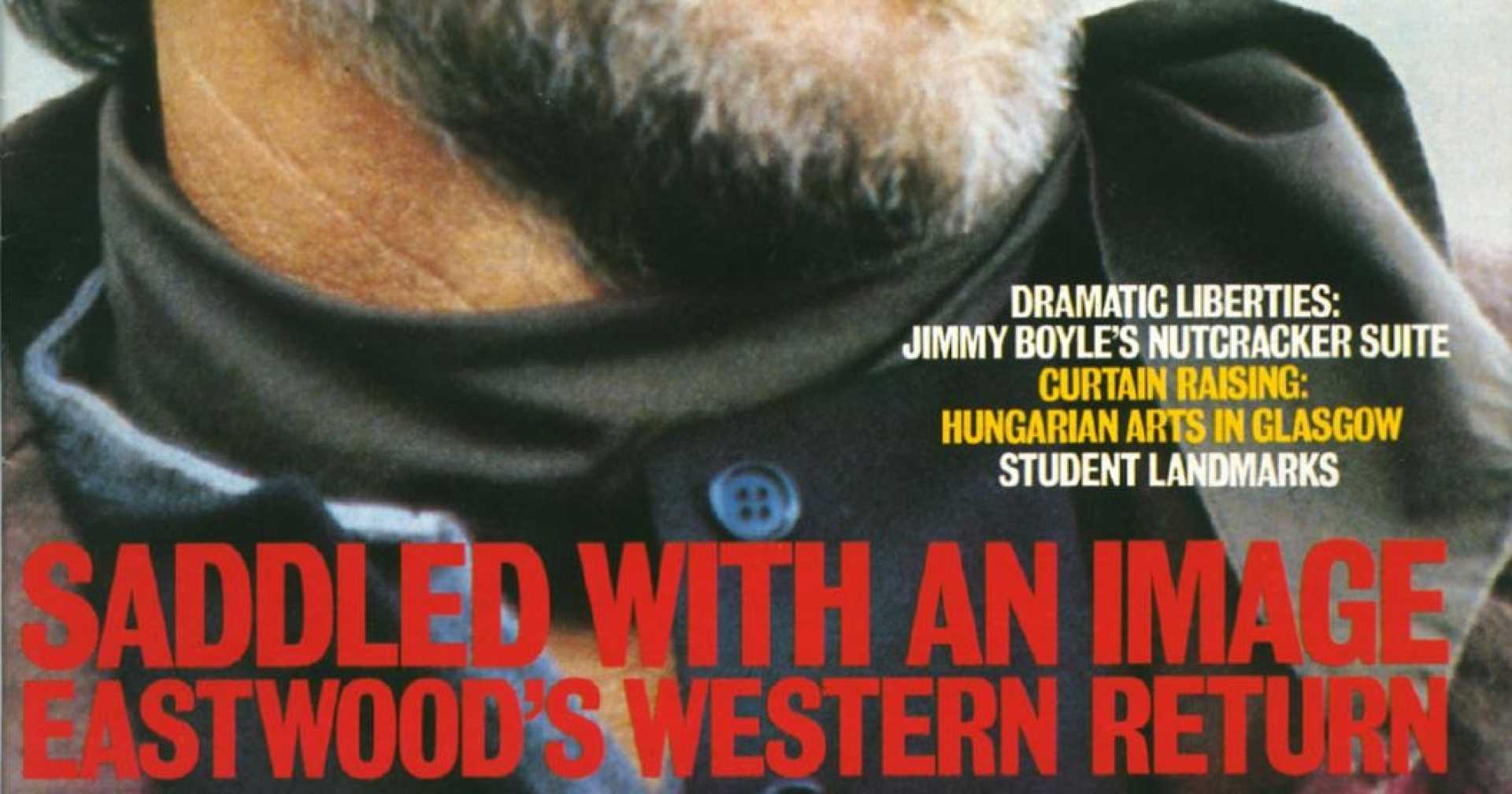News
The Transformation of Jimmy Boyle: From Infamous Inmate to Respected Artist

Jimmy Boyle, once known as Scotland’s most dangerous man, has opened up about his transformative journey in a new documentary titled “Inside Barlinnie,” airing on BBC Scotland. Boyle, now 80, recounts his violent past and subsequent rehabilitation behind the imposing walls of Barlinnie Prison, a facility soon to mark the end of its operational life.
Boyle’s notoriety began with his imprisonment for the 1967 murder of gangland rival William ‘Babs’ Rooney, a crime he consistently denied committing. Describing his early prison years, Boyle stated he waged a personal “war of attrition,” resulting in frequent confrontations with prison staff, including an incident where he broke the jaw of Barlinnie’s governor.
His aggressive behavior led to a four-and-a-half-year stint in the infamous “cages” of Inverness‘s Porterfield Prison, where conditions were notoriously harsh. Boyle recalls being stripped naked and confined with minimal possessions, a concrete block for a bed, and a list of rules outlining the maximum six-month duration meant for such harsh confinement. He remained there much longer, contributing to the narrative of his fearlessness in the face of systemic brutality.
The turning point in Boyle’s life came with his transfer back to Barlinnie and admission into its experimental “special unit.” This controversial unit focused on rehabilitating the prison’s most violent offenders through more humane treatment and opportunities for personal growth. Prisoners, including Boyle, discovered new talents and crafts, with Boyle himself taking up sculpting under the guidance of skilled practitioners.
The special unit’s unorthodox methods allowed inmates to coexist with staff in relaxed settings, engage in artistic pursuits, and even keep pets. Boyle’s work soon attracted attention outside prison walls, leading to an exhibition at the 1974 Edinburgh International Festival, an event that stirred public outrage but also marked his debut as a serious artist.
Despite the unit’s success, it faced criticism for allegedly lax security measures, leading to its closure in 1994. However, the impact of the special unit was underscored by the significantly low reoffending rates among its participants, an achievement rarely matched by traditional incarceration approaches.
Boyle’s story highlights the broader issues within the Scottish prison system, a theme explored in the documentary. With Barlinnie Prison scheduled for closure and a new facility on the horizon, questions over the balance between punishment and rehabilitation continue to spark debate. Current Governor Mick Stoney emphasizes this ongoing challenge, noting that a significant majority of inmates struggle with substance issues, and the facility’s resources are stretched thin.
Boyle, having adjusted to life beyond bars for over 40 years, advocates for the transformative power of such programs, underscoring their potential to foster true rehabilitation instead of recidivism. “There’s no way I would be here if the special unit had not been in existence,” Boyle reflected. “Do you want people like me to come out of prison the way I have come out? Or do you want someone who is going to come out and attack somebody?”
“Inside Barlinnie” offers a profound exploration of these themes, providing insight into the ongoing evolution of one of Scotland’s most notorious prisons and the individuals shaped within its confines. The documentary premieres on BBC Scotland on October 8 and will be available on BBC iPlayer.












